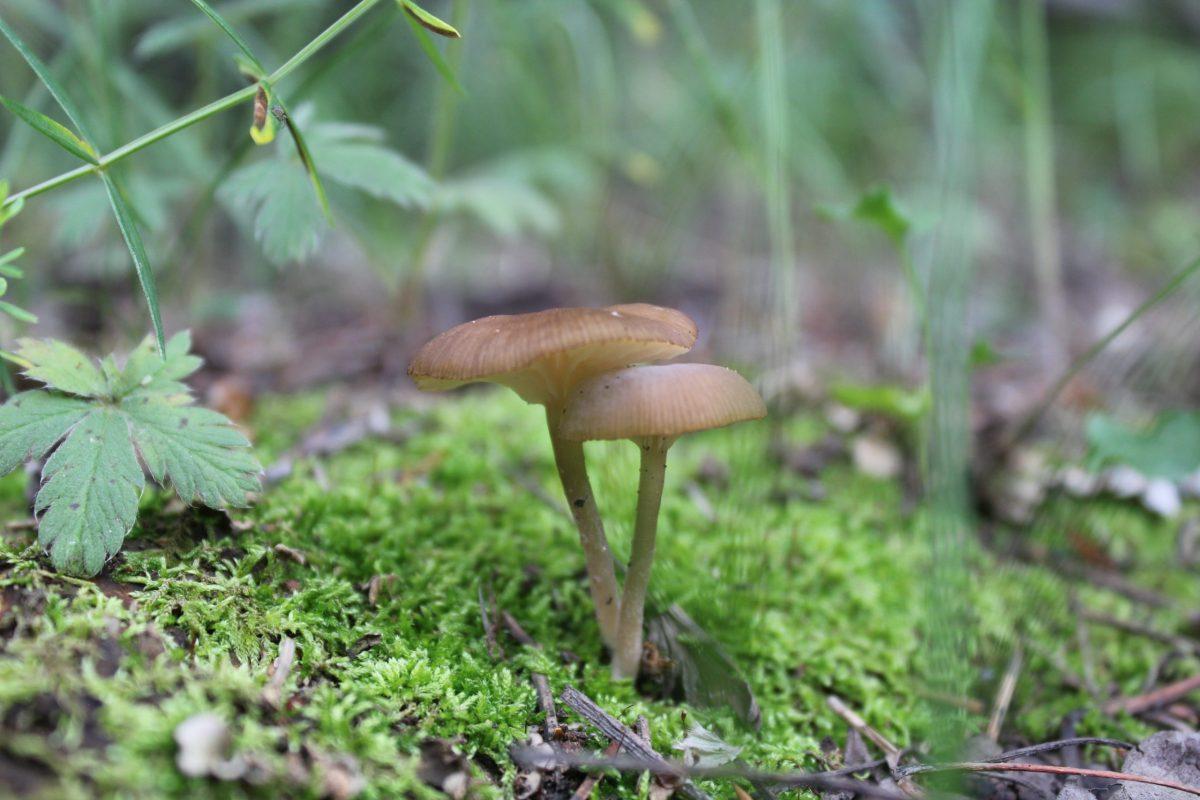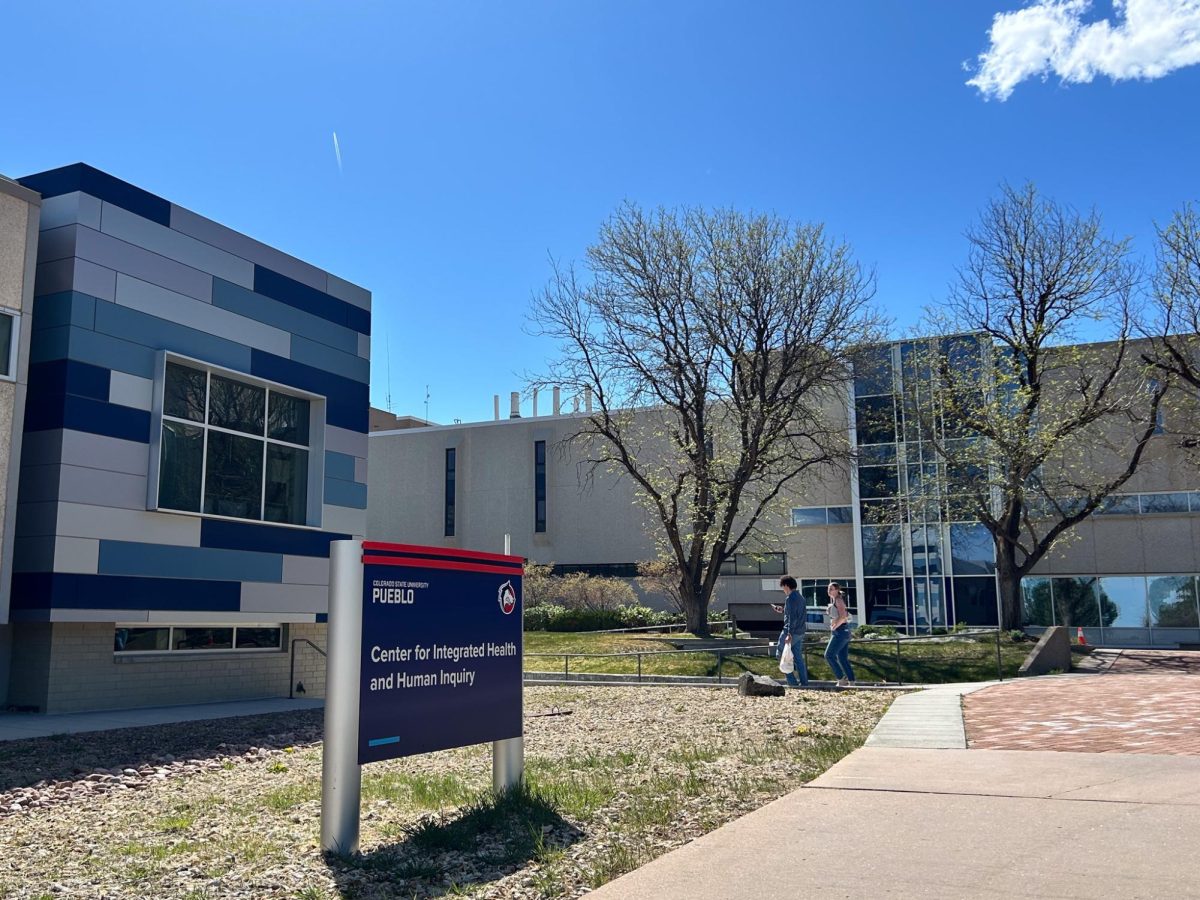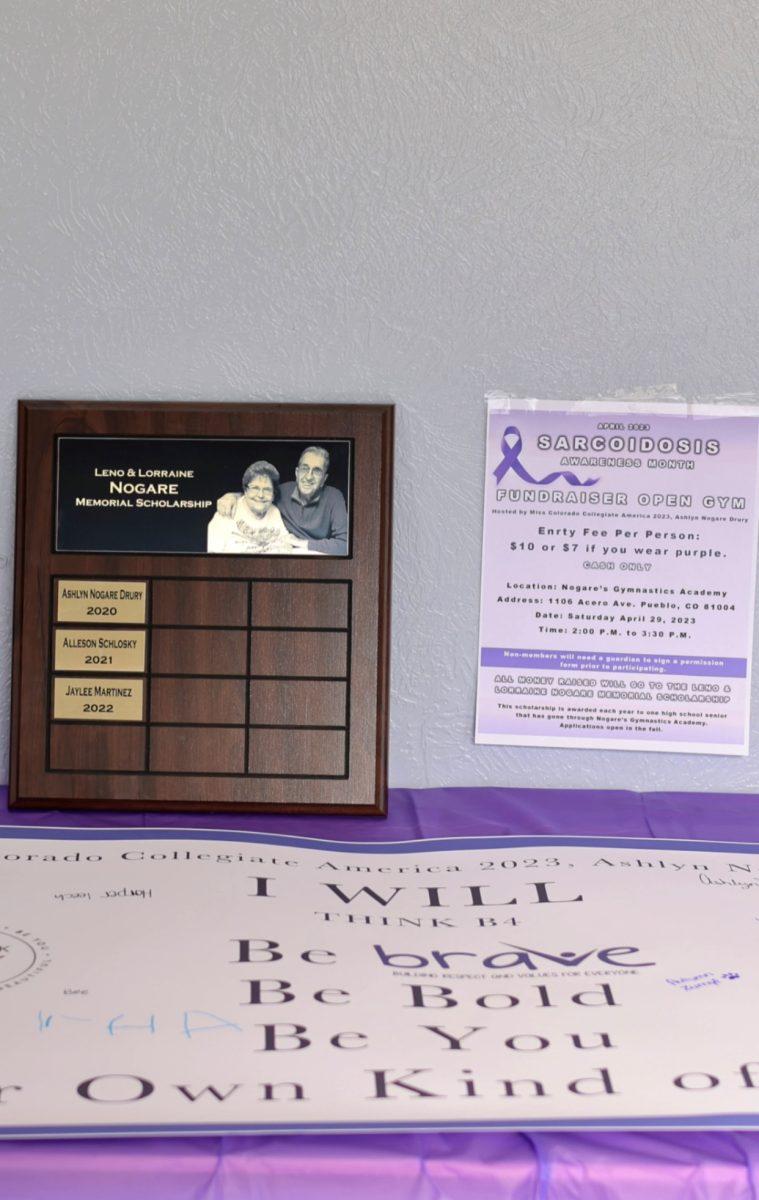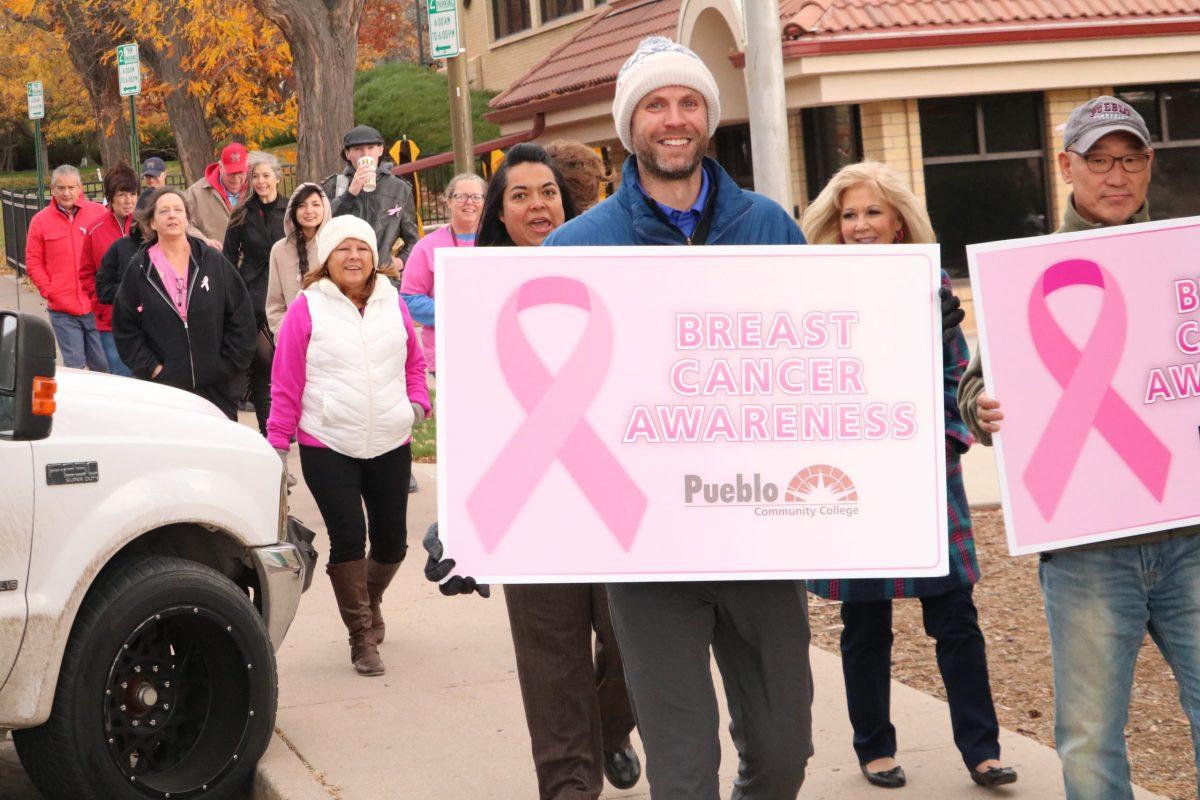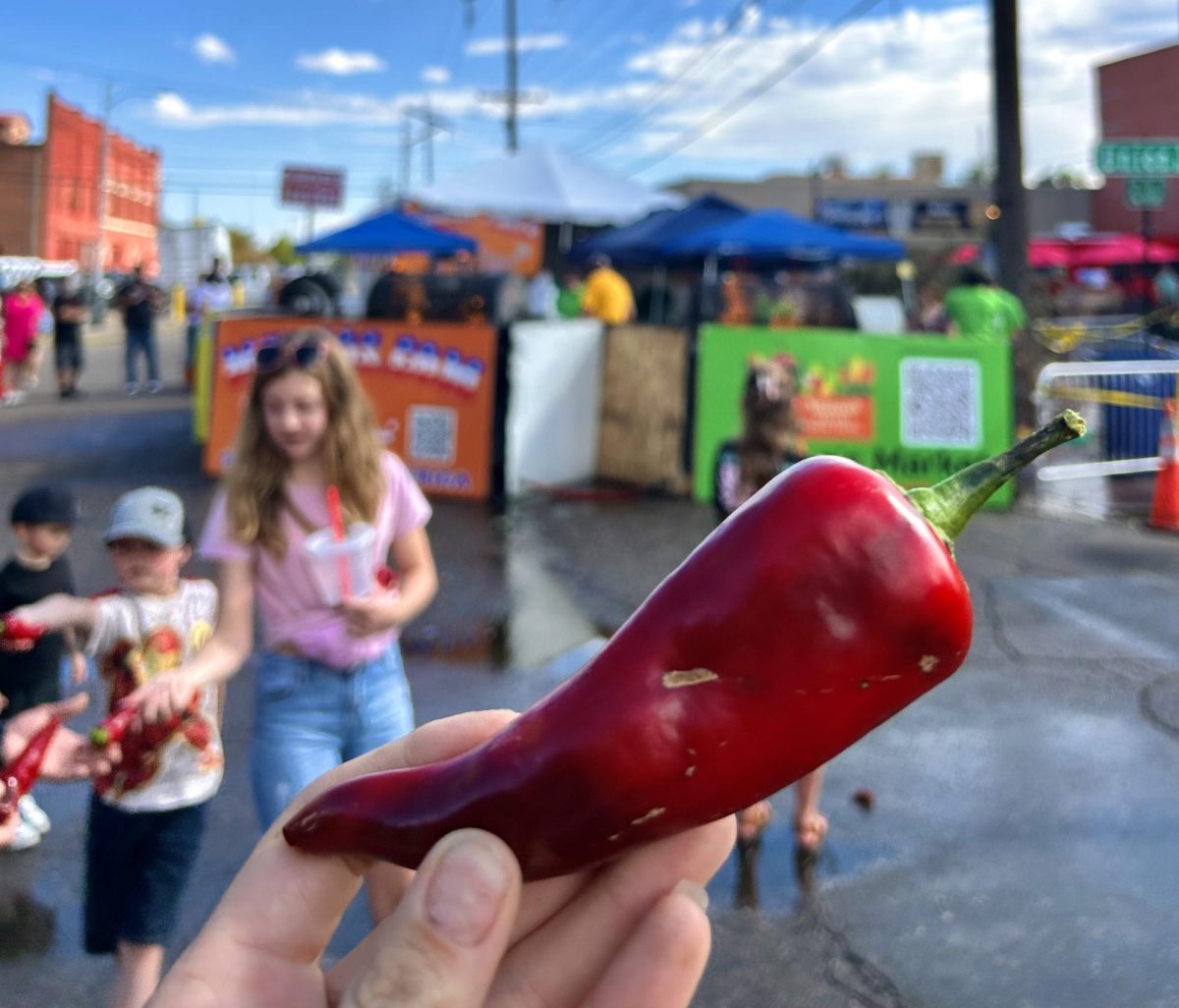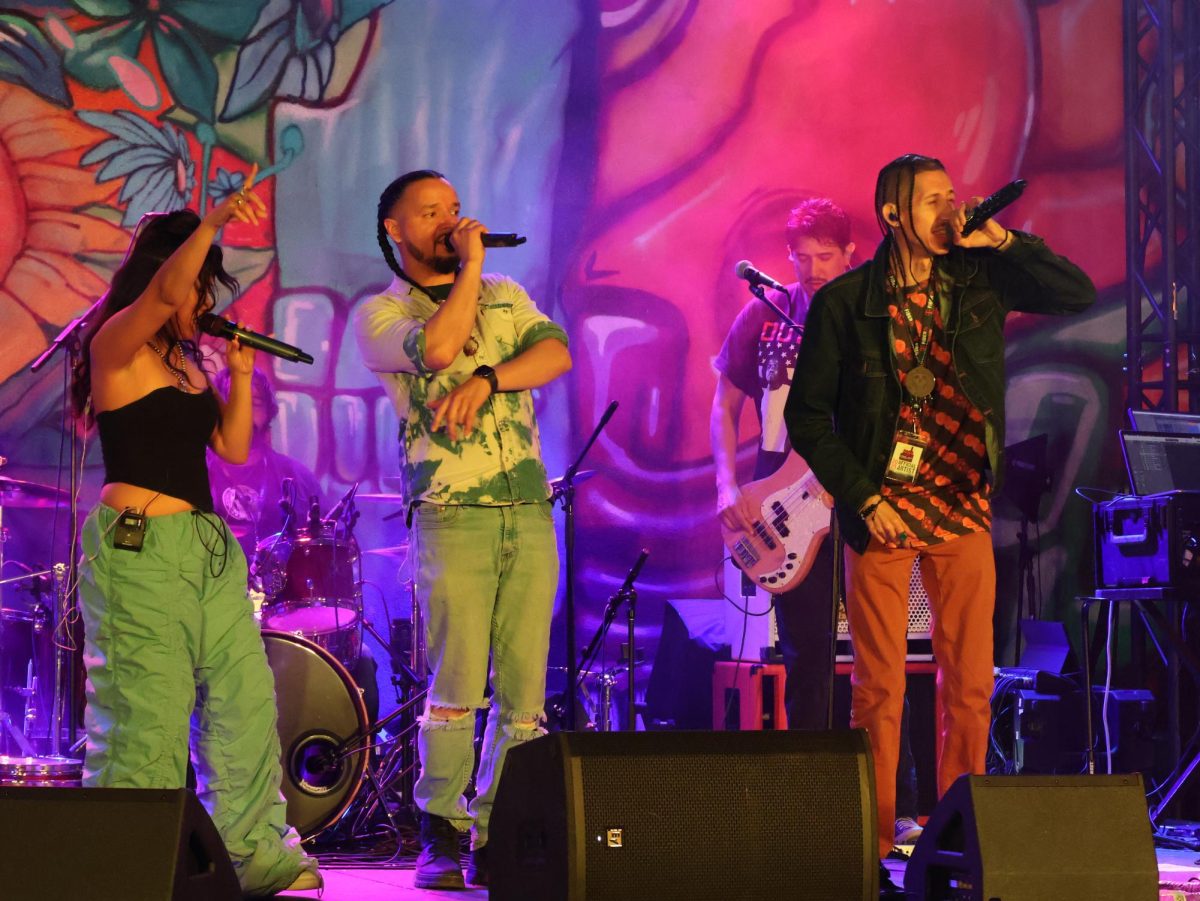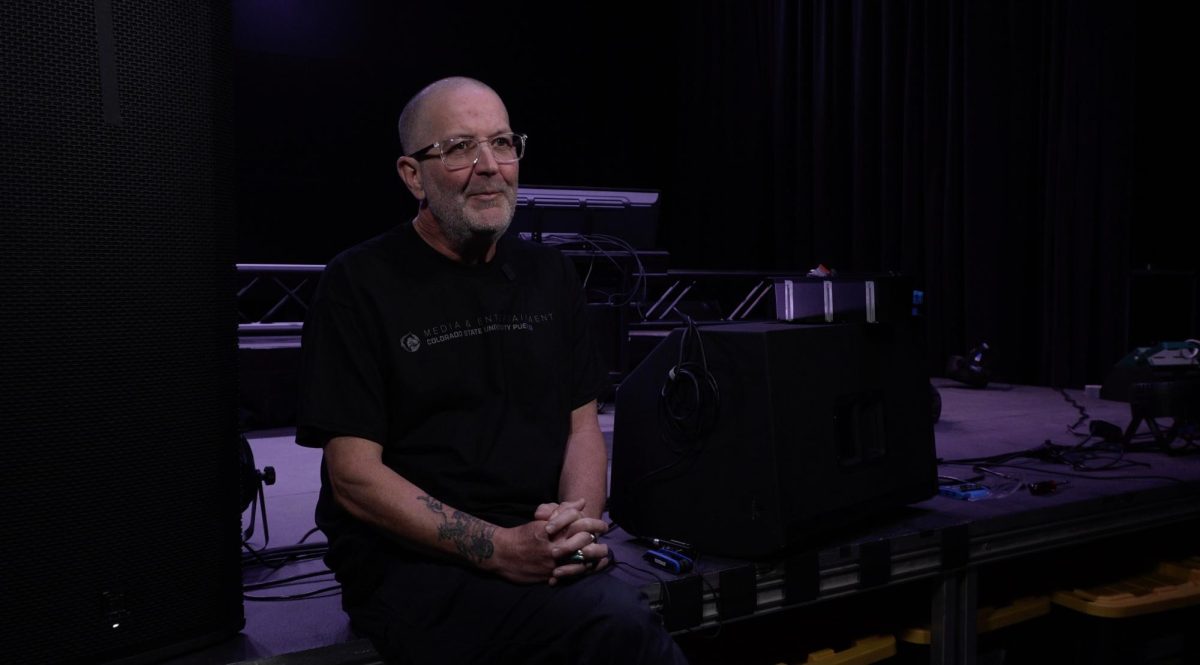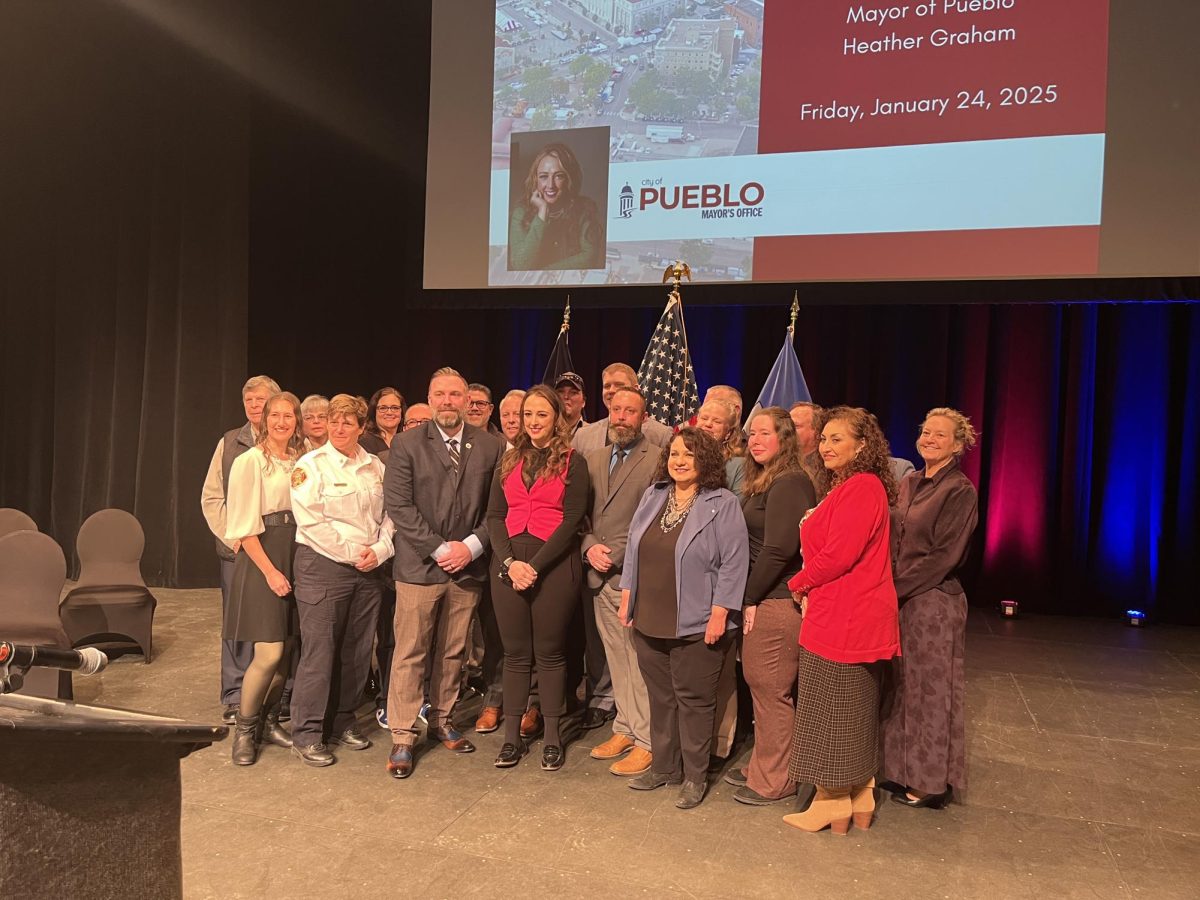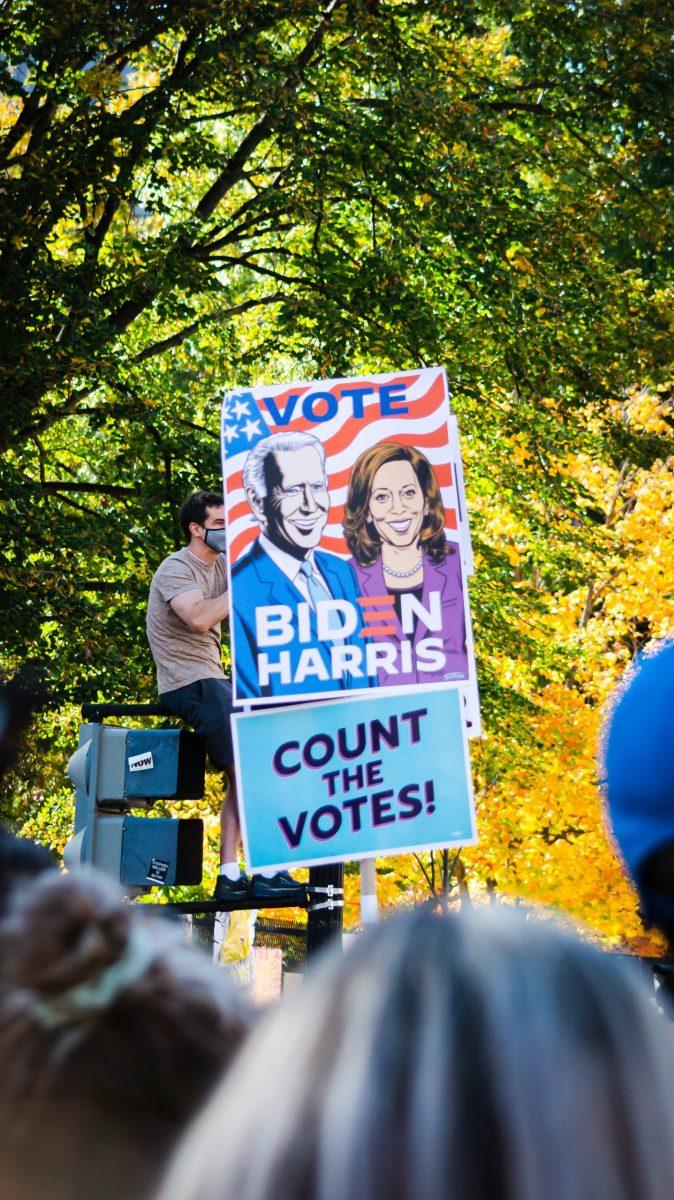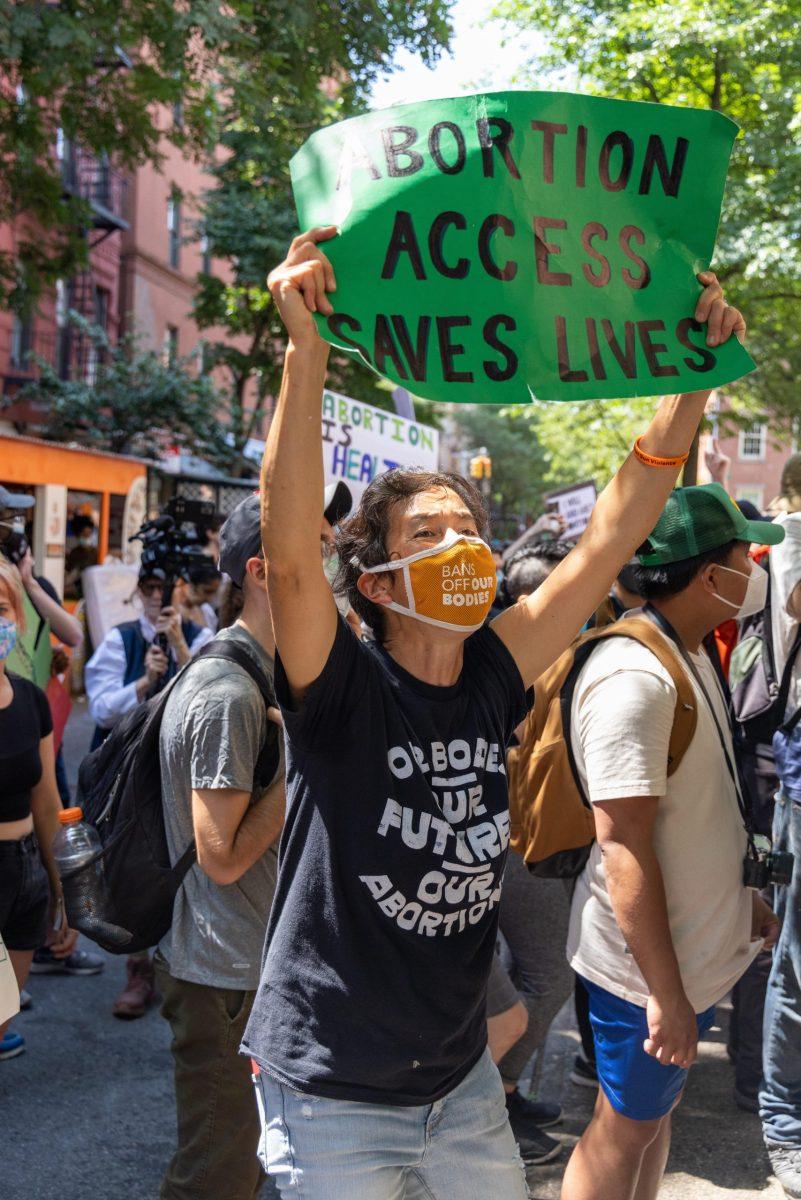By Zoe Schimke and Maddie Lira
This November, Colorado voters will have the chance to decide whether or not certain psychedelic mushrooms will be legal to use as a form of natural medicine in their state. A new ballot measure, Proposition 122, would decriminalize the personal use and possession of several types of hallucinogenic plants. If passed, this initiative would make Colorado the second state in the nation, behind Oregon, to decriminalize psilocybin.
Psilocybin and other hallucinogens are currently classified as Schedule 1 controlled substances under federal law, meaning that officially, they have “no medical benefit” and a high potential for abuse. They have traditionally been viewed with skepticism, but recent research shows that there might be benefits to using some psychedelic drugs to treat [severe cases of] mental illness. This ballot initiative is designed to give those struggling with depression regulated access to these natural substances through licensed providers.
Proposition 122 is sponsored by Natural Medicine Colorado, a committee that promotes nontraditional drug treatments as breakthrough therapies for conditions like depression.
Natural Medicine Colorado’s website says, “Natural psychedelic medicines are non-addictive and can have profound benefits for people struggling with challenging mental health conditions including depression and anxiety and those struggling to find peace at the end of their lives…The FDA has granted psilocybin’ breakthrough treatment’ status for its success with treatment-resistant depression, meaning psilocybin has succeeded where other methods have failed.”
99.23% of Natural Medicine Colorado’s campaign contributions come from New Approach PAC, a nonprofit organization based in Washington, DC, that supports progressive initiatives towards legalizing drugs like psychedelics and cannabis to reform drug laws and reduce mass incarceration rates. According to Ballotpedia, New Approach PAC contributed over $10 million to campaigns supporting the legalization of cannabis and medical cannabis initiatives between 2014 and 2020.
Natural Medicine Colorado cites a 2020 study by Johns Hopkins Medicine researchers that showed “rapid and large reductions” in depressive symptoms following two doses of psilocybin.
Dr. Roland Griffiths, one of the lead researchers, said, “Because there are several types of major depressive disorders that may result in variation in how people respond to treatment, I was surprised that most of our study participants found the psilocybin treatment effective.”
Half of their study participants were no longer considered to be experiencing major depression one month after the psychedelic treatments. The psilocybin treatments in this study yielded success in treating patients with depression four times greater than in clinical trials for traditional antidepressants.
Traditional FDA-approved medications can take weeks or months to work and have many undesirable side effects. If psilocybin ever undergoes traditional clinical trials, and the results of this study hold, it could be a game changer for available antidepressant treatments. An earlier study in 2016 revealed that psilocybin significantly relieved anxiety and depression in cancer patients, in whom emotional distress is common and significant.
Though some results of using psilocybin in a clinical setting are optimistic, the bill’s critics are concerned that it might contribute to Colorado’s increasing drug problems and be difficult for law enforcement to parse. The Colorado Springs Gazette’s editorial board penned an article strongly opposing the initiative, concerned that it will benefit corporate profiteers and drug manufacturers at the expense of Coloradans’ public safety. Their article mentions a National Institutes of Health study that warns of the hallucinations, changes in emotions, extreme anxiety, paranoia, and psychotic episodes that may accompany a dose of psilocybin. “That’s what we don’t need in a state struggling with rising and disproportionate rates of suicide, overdoses, homelessness and routine exhibitions of ill people on street corners openly hallucinating and talking to the sky,” their article says.
Coloradans like Sharon Anable are concerned that even though the initiative to provide psychedelics as a treatment for severe mental illness is genuine, that instances of self-administered magic mushrooms can have catastrophic effects. Anable’s daughter, Heather, was killed in 2017 by her boyfriend, who shot her multiple times. According to a witness, they had both ingested psychedelic mushrooms the night before Heather was killed – her mother believes that the mushrooms made Heather less aware of the danger she was in, ultimately leading to her death.
“I…had a lot of frustration over this”, Anable told CPR News in August after learning that the initiative to legalize psychedelic mushrooms was on the ballot. She also said that Colorado voters should consider the potentially dire consequences of making mushrooms legal for public use – self-medication can increase the risk to the user and those around them.
The plants that would be decriminalized for legal personal use by people over the age of 21 are dimethyltryptamine, or DMT, ibogaine, mescaline (excluding peyote), psilocybin, and psilocyn. Proposition 122 will be on Colorado’s ballot for the upcoming midterm elections – mid-October will mail out ballots, and voting day is Nov. 8.




